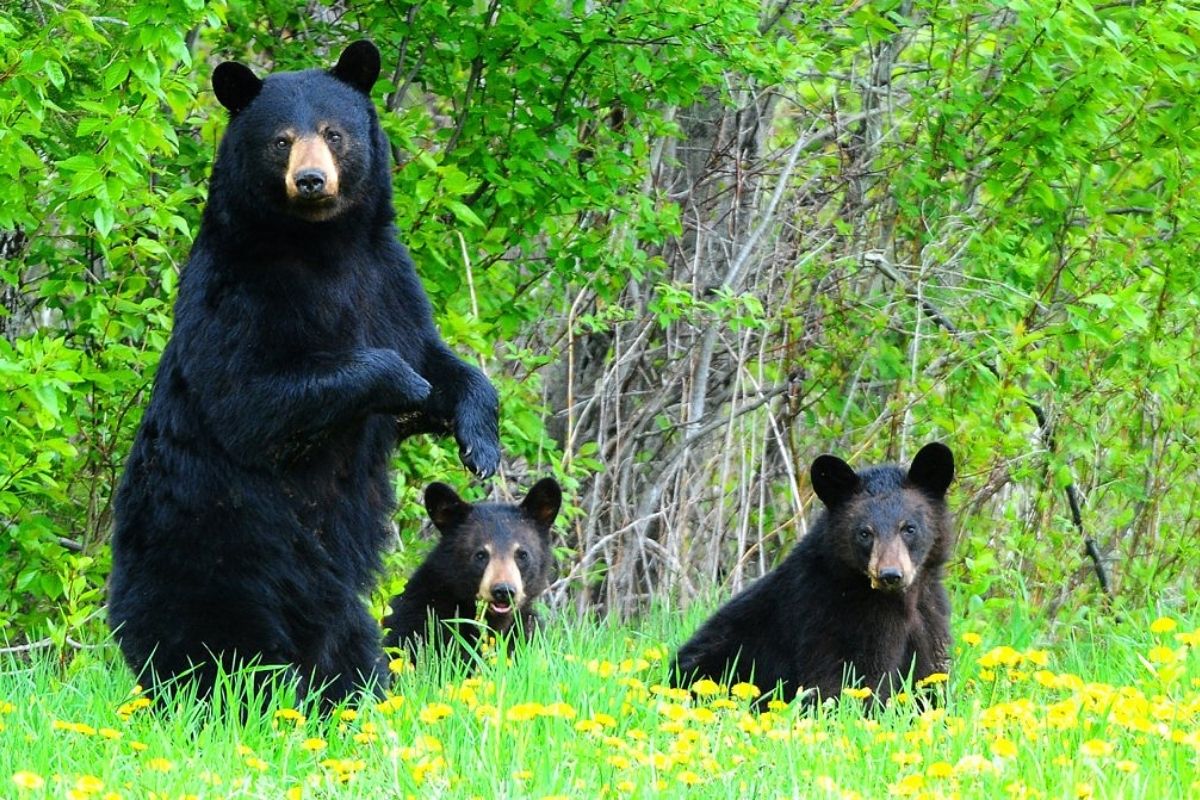Originally published on the Republican-American website.
by Priscilla Feral, President of FoA
March 28, Connecticut lawmakers voted down a reckless wildlife slaughter bill that would have allowed farmers and backyard hobbyists to kill so-called “nuisance” black bears, and any other mammal who moves, if they are damaging crops or beehives, or killing livestock. It failed to require farmers to use well-maintained and wellgrounded electric fencing or other mechanical deterrents, or to bring chickens, pigs or goats into sturdy, locked buildings at night.
The Environment Committee should be commended for not turning Connecticut into a 24/7 shooting range; and for recognizing science, residents’ values, and the fact other states like Florida and New Jersey have stopped hunting bears.
Senate Bill 244 was a hail-Mary pass by a handful of legislators, including Sen. Craig A. Miner, R-Litchfield, cochairman of the Connecticut Legislative Sportsmen’s Caucus, to legalize a black-bear trophy hunt and to use farmers to get it done. The bill would have allowed hunters to keep their kills – incentivizing those craving a bear-skin rug or a life-size floor mount. Miner also sponsored successful legislation that promotes youth hunting and fishing opportunities, and establishes programs to provide lifetime licenses to residents.
Before preying on sympathies for farmers, these hunting apologists’ hyperbole focused on increased bear sightings and home break-ins in the Northwest Corner of the state. They ignored a 2016 University of Connecticut study that showed black bears and residents like to live in the same places, which is in closer proximity to humans than expected -hence increased sightings.
What bear-hunt pushers wanted lawmakers to ignore this session is that farmers already have protections. They can get permits to kill deer and fur-bearing animals damaging crops (CGS Sec. 26-47{a}), and the Department of Energy and Environmental (DEEP) commissioner has the power to “destroy” wildlife, including black bears, detrimental to crops or livestock or causing severe property damage (CGS Sec. 26-3).
DEEP needs to continue to inform residents that success in preventing interactions with black bears depends on changing human behavior, not killing black bears.
Of the 3,507 black bear “damage” reports in 2020, 1,112 involved bird feeders and 1,356 involved trash cans. And most black-bear home break-ins reported from April 1 to Sept. 10, 2020, were bears responding to the scent of a food attractant, according to information Friends of Animals received through a Freedom of Information request. A lot of what is happening is driven by habituation, and public education is critical in reversing that trend.
Screened-in porches, and open doors and windows, won’t prevent bears from smelling what’s on the menu at your house; they can smell food from more than two miles away. Not putting trash out until collection time, bringing bird feeders in from March through November, and not feeding pets outdoors help keep bears out of trouble
Irresponsible human behavior is deadly for black bears. Three “nuisance bears” were killed by DEEP in
Connecticut in 2020 for entering homes, along with four others for “problematic” behavior.
One resident was adamant that the bear who got into her basement through a screen door could not smell the suet cakes stored in a plastic storage bin, so she refused to stop feeding birds. That’s just the type of attitude that is setting up black bears to get into trouble.

